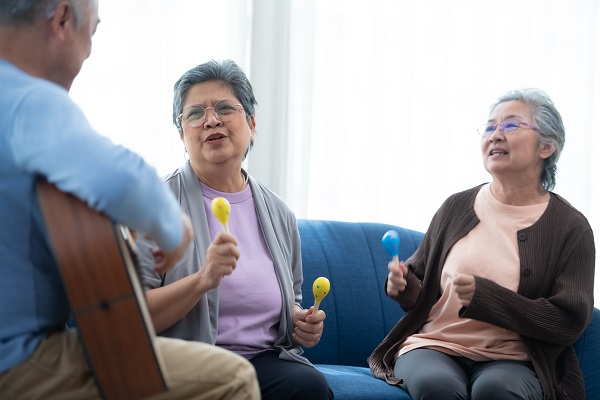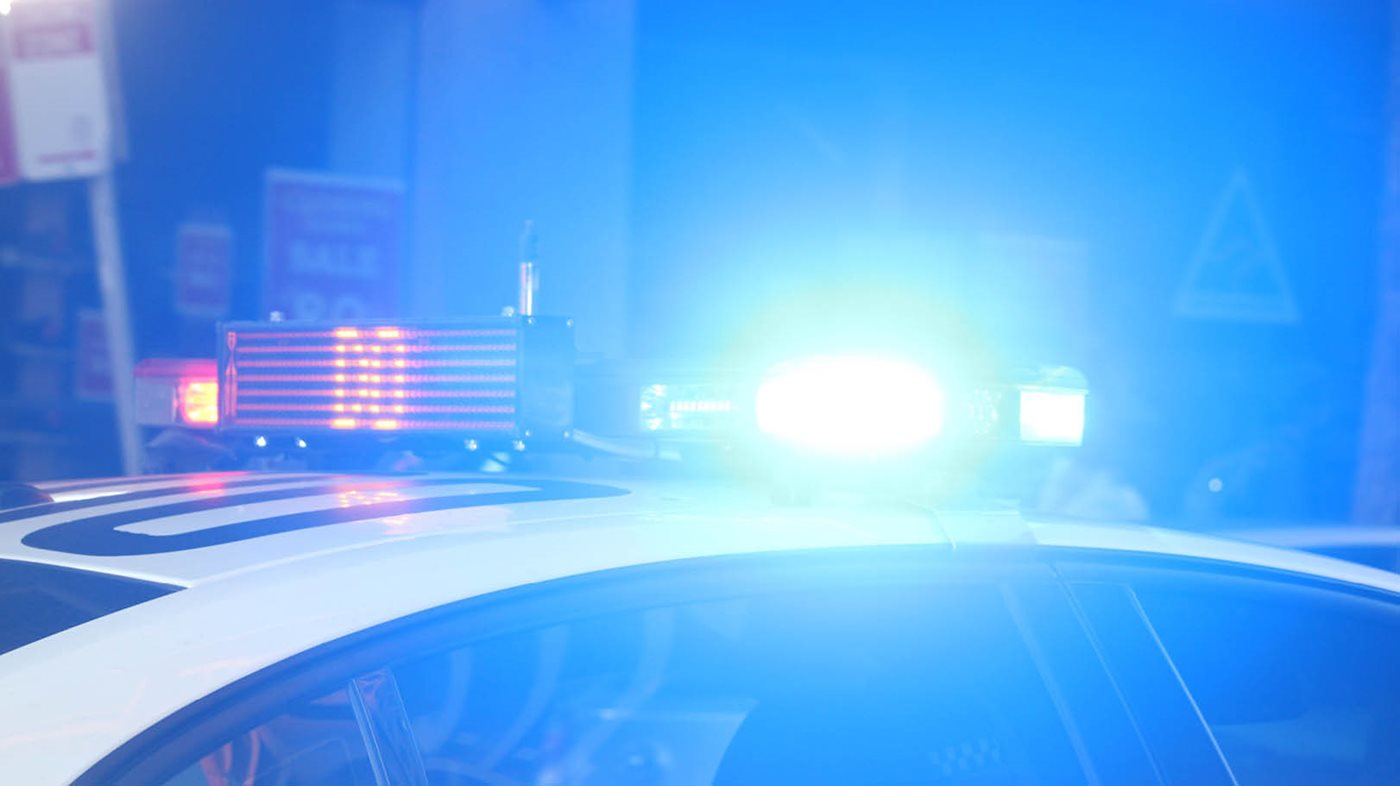Sleep-deprived athletes risk poor performances, with almost three-quarters falling short of desired slumber targets by at least an hour, a new study has found.
The study, which examined the sleep routines of 175 elite Australian athletes from 12 sports, including Olympic disciplines swimming, cycling, triathlon and professional team sport, has weighty recovery implications for coaches.
Results showed athletes were routinely shortcutting their sleep by as much as 96 minutes-per-night, with only three per cent satisfying their self-assessed needs. And the shortfall can often be out of their control due to demanding competition schedules, stress and travel.
Participants typically slept for 6.7 hours each night, significantly less than their self-assessed sleep need of 8.3 hours and well short of the US National Sleep Foundation which recommends between seven and nine hours for young adults (18–25 ) and seven to eight hours for other adults (26–64).
Professor Shona Halson from ACU’s Sports Performance, Recovery, Injury and New Technologies (SPRINT) Research Centre said insufficient sleep could result in reduced performance, increased mood disturbance as well as a reduction in immunity, reaction time and cognitive function.
“Sleep is the ultimate performance enhancer. The less sleep obtained, the poorer the performance,” she said. “Generally, athletes cope with one or two nights of poor sleep.
“However, insufficiently rested athletes risk foregoing the enhanced adaption to training and increased general wellbeing that comes with optimal sleep.”
The study was a collaboration between Professor Halson and Associate Professor Charli Sargent, Dr Michelle Lastella and Professor Greg Roach from the Appleton Institute for Behavioural Science at CQ University.
Published in the International Journal of Sports Physiology and Performance, the study intended to identify the subjective sleep need of elite athletes and compare it with an objective measure of their habitual sleep duration.
Participating athletes were from national teams, and were excluded from the sample if they were training or sleeping at high altitude, injured, if they reported a clinical diagnosis of a sleep disorder, or if they had undertaken trans meridian travel in the fortnight prior to data collection.
Athletes who reported the most shut-eye fell asleep between 10pm and 10.30pm or woke between 9am and 9.30am. Teams (6.9 hours) fared better than individual sports (6.4 hours) and female athletes went to bed earlier than males.
The findings are illuminating for coaches and athletes preparing for major competition where perceived pressure, distractions and unfamiliar surroundings and routines can affect sleep quality and quantity.
Professor Halson said coaches could consider delaying morning training start times and providing athletes with targets for sleep timing to help maximise sleep duration.







